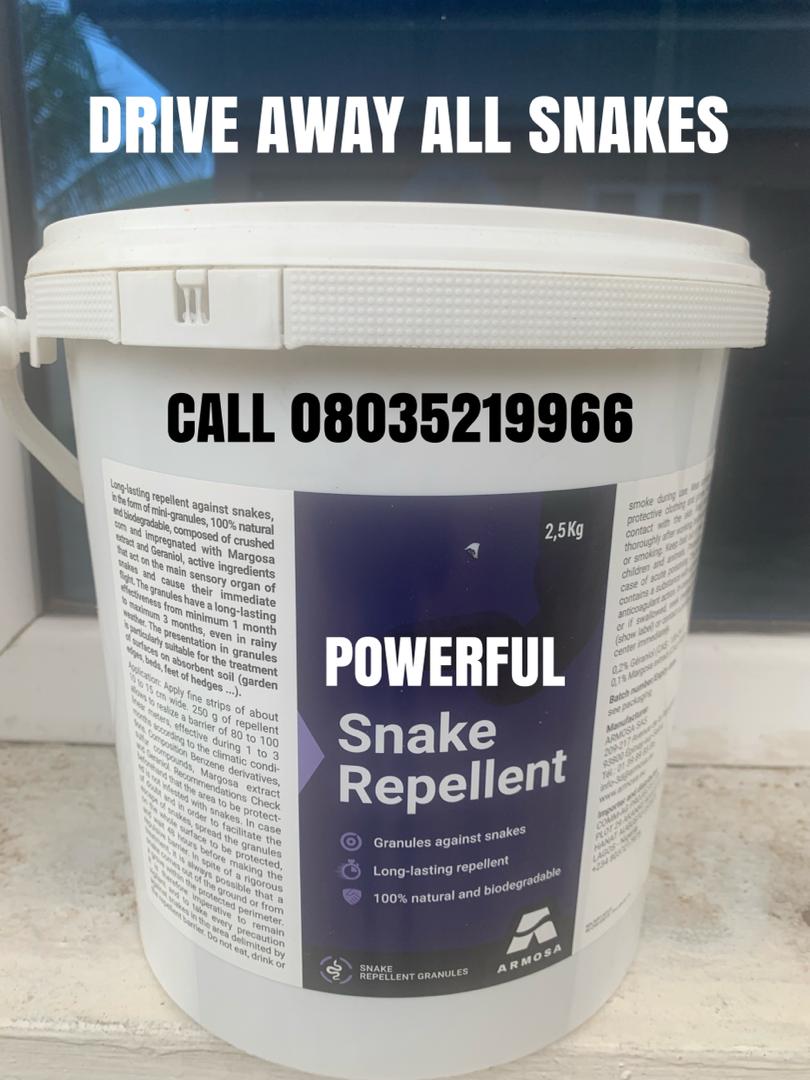 E- book offer of the day:
E- book offer of the day: 
 Buy Sheep and Goatz Farming Business Report
Buy Sheep and Goatz Farming Business Report
5 key factors that determines the profitability of your cassava farming business
Profitability in cassava farming relies on several key factors.
 Learn More
Learn MoreHere are five crucial aspects that significantly impact the profitability of a cassava farming business:
1. Variety Selection: The choice of cassava varieties plays a vital role in determining profitability. Selecting high-yielding, disease-resistant, and pest-tolerant varieties can improve overall productivity and reduce losses. Different varieties may also have varying market demand and suitability for specific end-uses such as food, industrial processing, or animal feed, so choosing the right variety based on market preferences and farming conditions is important.
Purchase this compelling ebook instantly. 
 21 most important poultry diseases with prevention, control & treatment
21 most important poultry diseases with prevention, control & treatment
2. Soil Preparation and Land Management: Proper soil preparation is essential for optimal cassava growth and yield. Conducting soil tests to assess nutrient levels and pH, implementing appropriate soil amendments (e.g., organic matter, fertilizers), and ensuring proper land drainage are crucial steps. Good land management practices, including land rotation to prevent soil depletion and erosion control measures, can enhance long-term productivity and profitability.
3. Planting Practices and Crop Management: Efficient planting practices and crop management strategies contribute to higher cassava yields and profitability. This includes using healthy and disease-free planting materials, planting at the right spacing and depth, timely weeding, pest and disease monitoring/control, and optimizing irrigation or water management. Proper management of weeds, pests, and diseases reduces production losses and improves the quality of harvested cassava roots.

4. Harvesting and Post-Harvest Handling: Proper harvesting techniques and post-harvest handling are critical for preserving cassava quality and reducing post-harvest losses. Harvesting at the right maturity stage, handling roots carefully to avoid damage, and minimizing delays between harvest and processing/storage are important considerations. Implementing appropriate storage facilities (e.g., dry and ventilated storage areas) and post-harvest processing techniques (e.g., peeling, drying, or processing into value-added products) can add value and increase market opportunities, thereby improving profitability.
READ ALSO 7 Proven Strategies to Boost Calf Survival Rates and Stop Losing Calves
5. Market Demand and Value Addition: Understanding market demand dynamics and identifying profitable market channels are essential for a successful cassava farming business.
Don’t wait – buy this captivating ebook right away.
 Poultry farming business report Volume 5
Poultry farming business report Volume 5
Analyzing market trends, consumer preferences, and potential uses of cassava products (e.g., food, starch, ethanol, animal feed) helps in making informed decisions. Adding value to cassava products through processing (e.g., cassava flour, chips, or starch) or developing niche products can enhance profitability.
READ ALSO Why are my Pigs Foaming and Frothing at the Mouth: Reasons and Solutions (Two)
Establishing partnerships with processors, wholesalers, retailers, or directly reaching out to consumers can also optimize sales and increase revenue.
ATTENTION: Click “HERE” to join our WhatsApp group and receive More updates directly on your WhatsApp!
By focusing on these key factors, adopting best practices, and staying informed about market trends and opportunities, cassava farmers can enhance profitability, ensure sustainability, and achieve success in the cassava farming business.
🧩CREATED BY DR JOSEPH DEJI-FOLUTILE















